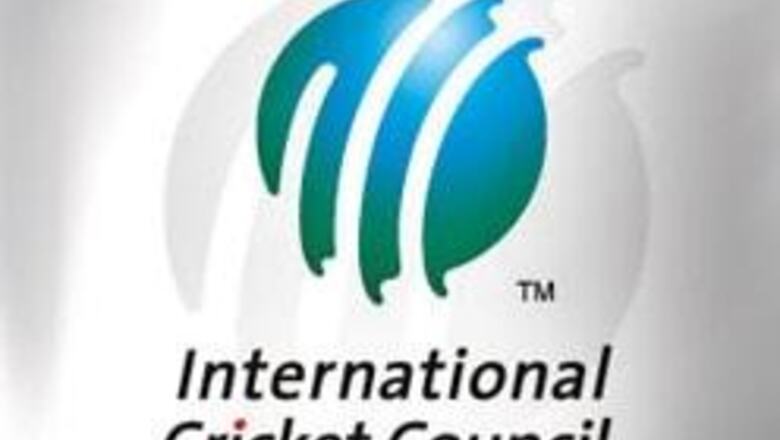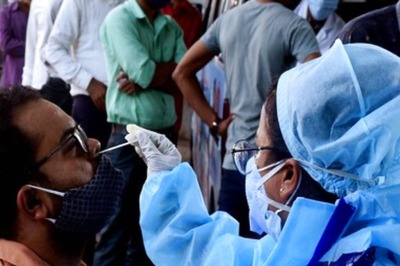
views
New Delhi: The International Cricket Council has defended its playing schedule and countered criticism that players' mounting workload could trigger burnout or even a strike.
Tim May, chief executive of the Federation of International Cricketers' Associations (FICA), dubbed the ICC's Future Tours Programme "a disaster" in the July issue of the Wisden Cricketer magazine.
The former Australian spinner said top players figuring in both Tests and One-Dayers were being pushed to the brink because the ICC schedule did not put any upper limit on matches.
ICC chief executive Malcolm Speed said on Wednesday that player workload concerns were key to introducing the programme.
"Far from ignoring the issue of player workload and FICA's request for an upper limit on the amount of matches played, the subject remains very much on the ICC's agenda," he said in a statement.
The ICC's chief executives' committee will next month discuss application of the guidelines agreed by members, which say teams should not play more than 15 Tests and 30 ODIs in a 12-month period, he said.
"The guidelines need to be interpreted with a reasonable degree of flexibility from year to year but out of the 60 annual touring programmes under the FTP, not one side is scheduled to exceed both the Test and ODI figures in any 12-month period."
Speed criticised May for comments that players could strike or resort to doping to deal with the workload.
"Remarks like that serve no purpose in a reasoned debate and do FICA no credit at all."
The ICC introduced its Future Tours Programme in 2001 making it mandatory for teams to play each other twice over a five-year period.
That was extended by one year in the new cycle announced this year mainly to ease player workload.
However, many countries have added One-Day tournaments, some in non-traditional venues, which has led to teams criss-crossing the globe.
Speed said burnout concerns should be addressed by the individual boards and players.
"They (boards) also need to responsibly manage those commitments to protect their prime assets, the players, and the integrity of the game.
"Most of the members' schedules fall well short of the guidelines. India, which has more ODI matches scheduled than any other country, indicated at a recent ICC Board meeting that their playing schedule was supported by their player group."
"Players, in turn, need to recognize the two-way nature of the current situation."




















Comments
0 comment